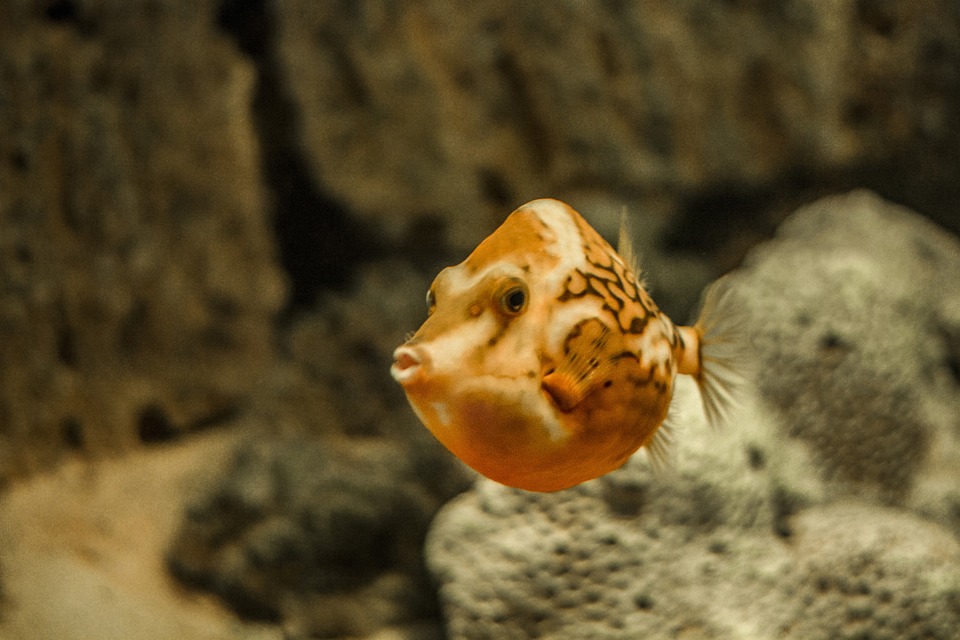By [Your Name]
Introduction:
Fish health is a critical aspect of maintaining an optimal aquatic environment. However, even disease-resistant fish can exhibit unusual behavior, such as erratic swimming patterns. This article aims to delve into this phenomenon, providing a comprehensive understanding of the potential causes and solutions to address erratic swimming in disease-resistant fish.
Understanding Erratic Swimming in Disease-Resistant Fish
1. Disease Resistance Mechanisms:
a. Overview of disease resistance in fish
b. Immune system response and its impact on swimming behavior
2. Identifying Erratic Swimming:
a. Defining erratic swimming patterns
b. Observational techniques to detect abnormal behavior
Causes of Erratic Swimming in Disease-Resistant Fish
1. Environmental Factors:
a. Water quality and its impact on fish health
b. Temperature fluctuations and their correlation with erratic swimming
2. Stress and Hormonal Factors:
a. Stress-induced swimming abnormalities
b. Hormonal imbalances and their influence on fish behavior
3. Parasitic Infections:
a. Common parasites affecting fish health and swimming behavior
b. Identifying and treating parasitic infections
4. Genetic Factors:
a. Genetic mutations and their impact on fish behavior
b. Breeding practices to minimize genetic abnormalities
Treatment and Prevention Strategies
1. Environmental Management:
a. Maintaining optimal water parameters
b. Consistency in temperature and pH levels
2. Stress Reduction Techniques:
a. Minimizing stressors in the fish habitat
b. Providing hiding spots and proper tank layout
3. Parasite Control Measures:
a. Regular monitoring and treatment for parasites
b. Quarantine protocols for new fish introductions
4. Genetic Selection and Breeding Practices:
a. Importance of selecting healthy breeding stock
b. Genetic diversity and its impact on fish behavior
FAQs: Addressing Common Queries
Q1: Can erratic swimming be a sign of a disease in disease-resistant fish?
Q2: How do I know if my fish’s swimming behavior is abnormal?
Q3: Are there any specific water parameters that can cause erratic swimming?
Q4: Can stress alone cause erratic swimming in fish?
Q5: What are the typical signs of parasitic infections in fish?
Q6: Should I quarantine new fish before introducing them to the aquarium?
Q7: Can genetic factors be responsible for erratic swimming in fish?
Q8: How can I ensure genetic diversity in my fish breeding program?
Conclusion:
Erratic swimming in disease-resistant fish is a complex issue that can be caused by various factors, including environmental conditions, stress, parasites, and genetics. Understanding the potential causes and implementing appropriate measures can help maintain optimal fish health and behavior. By following the recommended treatment and prevention strategies, fish enthusiasts can create an environment that promotes healthy swimming patterns and overall well-being for their fish.









